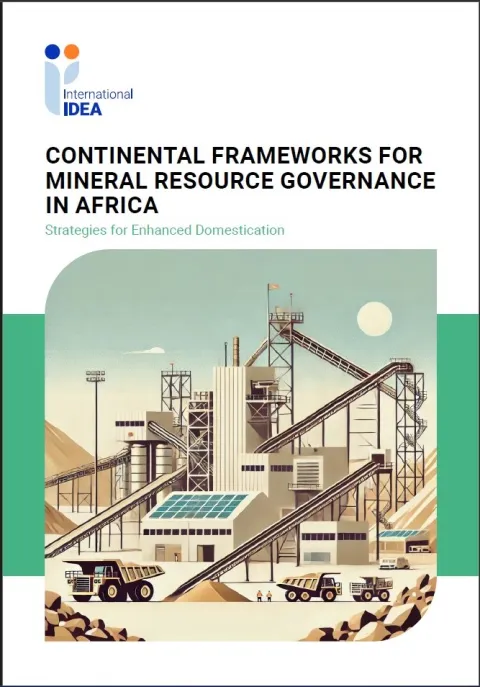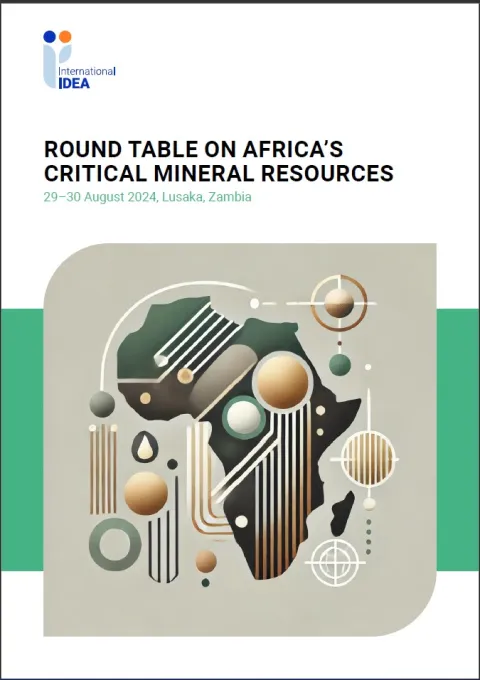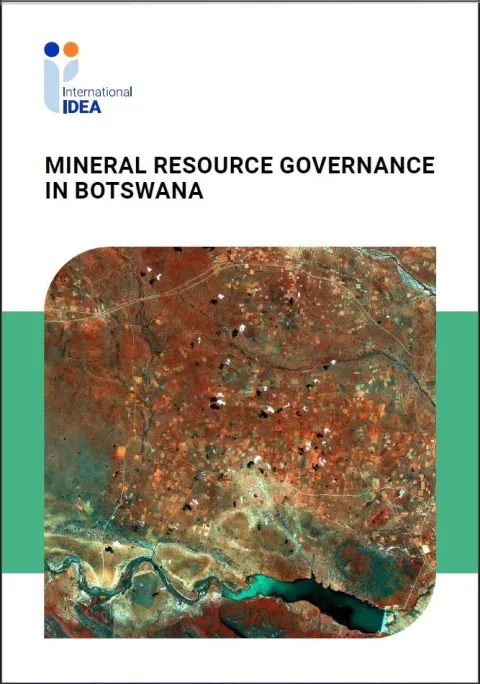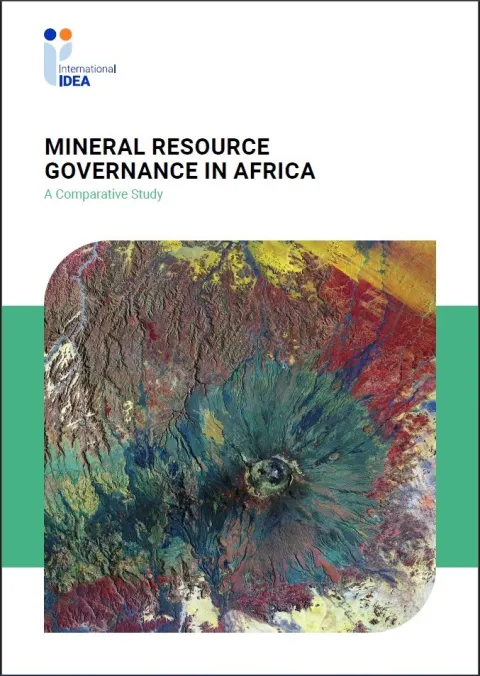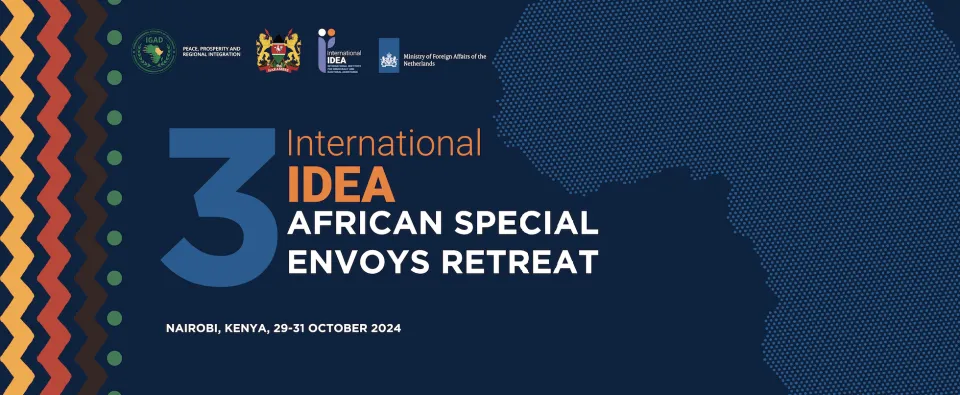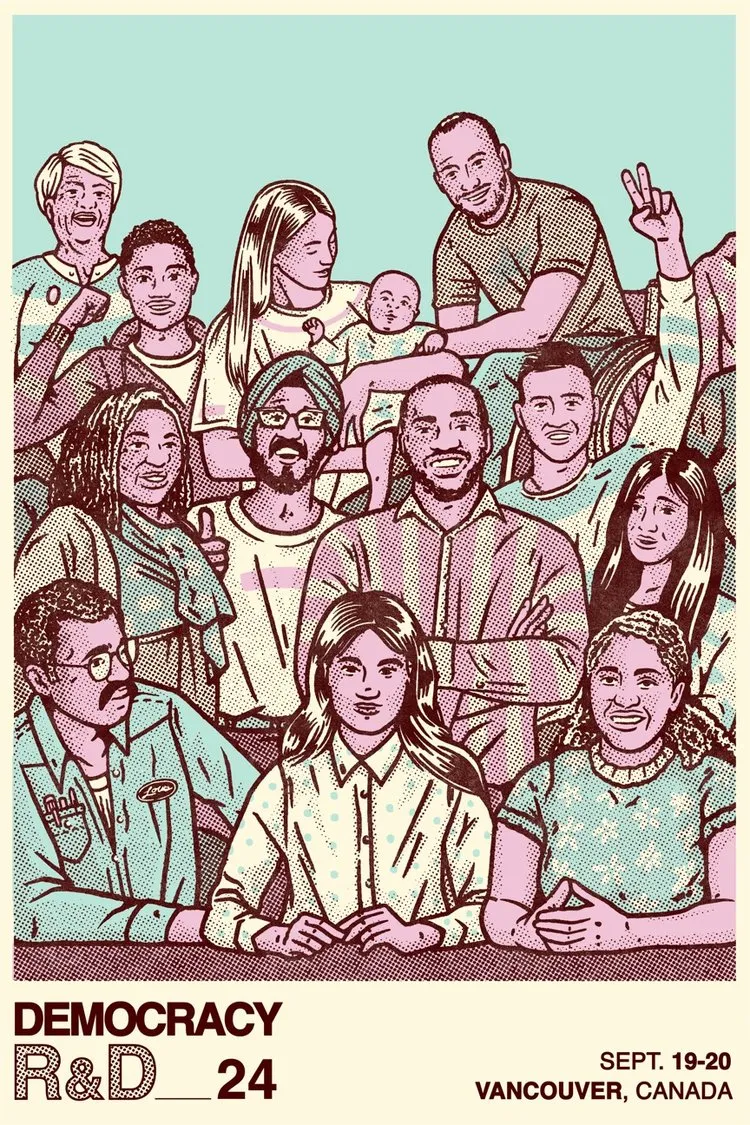Shaping the Post-Conflict Landscape? The Role of Constitutions in Natural Resource Governance
Natural resources feature prominently in many political and economic settlement processes after conflict. When these processes include constitutional reform, it may be expected that mechanisms for natural resource governance would be included in the new constitutional framework, but often this is not the case. This paper explores how governance over land and extractives is dealt with in these post-conflict settlement processes and assesses the (constitutional) mechanisms and institutions that could facilitate accountable implementation.
This paper is the result of a wider conversation aimed at exploring how economic interests drive parties’ positions in post-conflict constitutional negotiations and draws on the Tenth Edinburgh Dialogue on Post-Conflict Constitution Building held in December 2023.
Details
Author(s)
Contents
Acknowledgements
Abbreviations
1. Introduction
2. Constitutionalizing land issues after conflict
3. Constitutionalizing the ownership and management of extractives
4. Establishing sound fiscal arrangements for managing natural resource revenue
5. Conclusions
References
About the authors
About International IDEA
Give us feedback
Do you have a question or feedback about this publication? Leave us your feedback, and we’ll get back to you
Send feedbackShaping the Post-Conflict Landscape? The Role of Constitutions in Natural Resource Governance
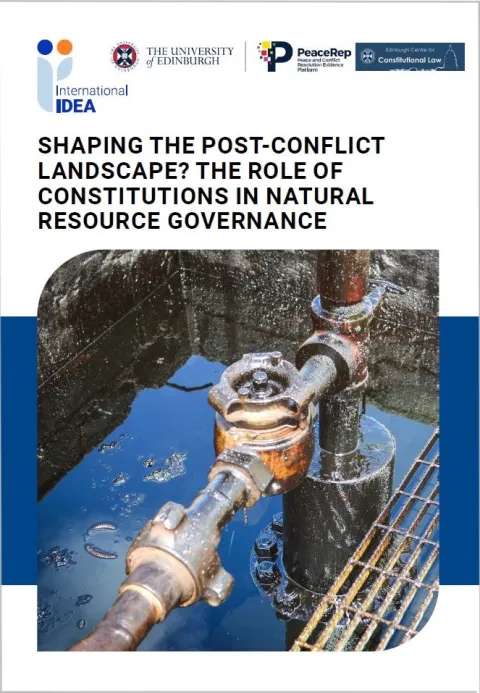
| Total views | 1911 |
|---|---|
| Downloads | 167 |
| Rating |
Authors
Give us feedback
Do you have a question or feedback about this publication? Leave us your feedback, and we’ll get back to you
Send feedback

